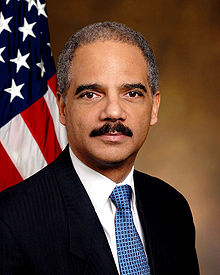Written by Steve Clarke,Wellcome Centre for Ethics and Humanities and Uehiro Centre for Practical Ethics, University of Oxford,
& School of Humanities and Social Sciences, Charles Sturt University
Shamima Begum, who left the UK in 2015 at age 15, to join the Islamic State, has been the subject of consistent media attention since she was discovered in the Al-Hawl refugee camp in Northern Syria, in February this year. Soon after being discovered in the refugee camp Begum was controversially stripped of her UK citizenship by Home Secretary Sajid Javid. Citizenship can be removed by the Home Secretary if doing so is deemed to be ‘conducive to the public good’. While it is illegal to render a person stateless, the Home Secretary is entitled to deprive UK citizens of their citizenship if they are also citizens of another country, or if they are eligible for citizenship in another country. Begum may be eligible for citizenship of Bangladesh, given that she has Bangladeshi ancestry, and there is a legal argument that she already is a citizen of Bangladesh.[1]
The Home Secretary’s decision has been much discussed in the media. Some commentators have argued that Begum’s interests should not be trumped by considerations of the public good. Others have questioned the legality of the decision. Still others have complained about the secretive nature of the decision-making process that led the Home Office to recommend to the Home Secretary that Begum be deprived of her citizenship. Here I will be concerned with a different issue. I will set aside considerations of Begum’s interests and I will set aside legal and procedural considerations. I will focus on the question of whether or not it is actually conducive to the public good in the UK to deprive Begum of her citizenship. Like most people, I do not have access to all of the information that the Home Secretary may have been apprised of, regarding Begum’s activities while she was living in the Islamic State, which would have informed his decision. So what I will have to say is necessarily speculative.
Read More »Shamima Begum and the Public Good


